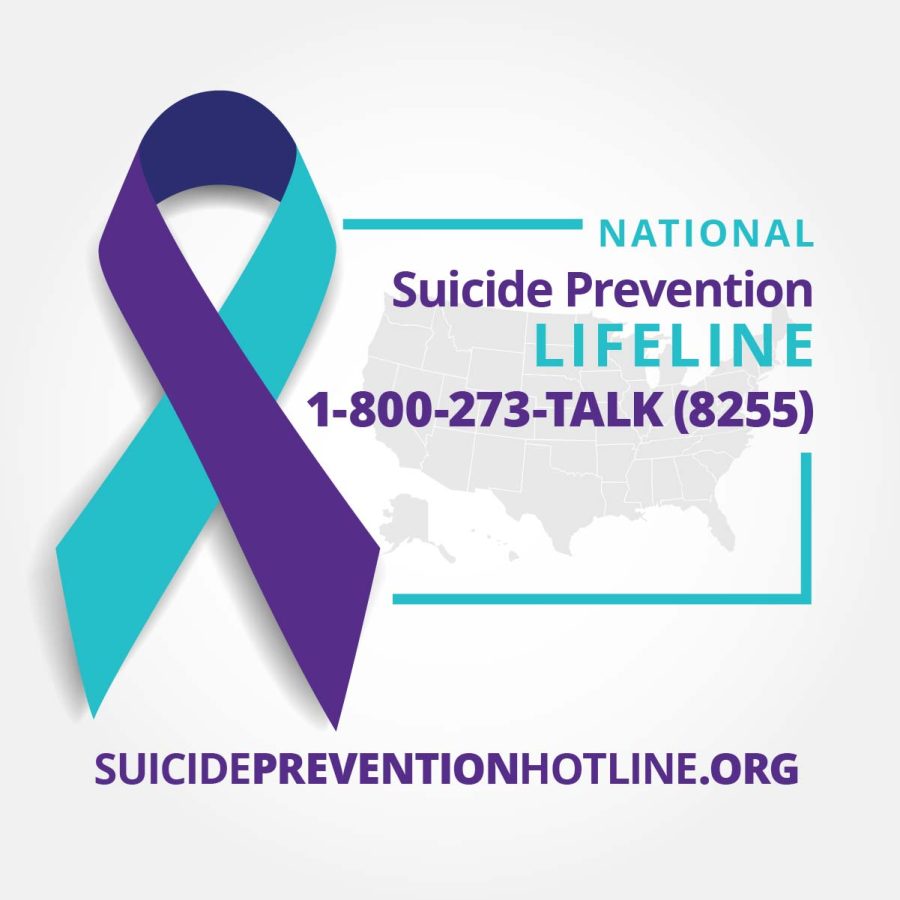Know the Facts on Suicide Prevention Awareness
September 29, 2022
Suicide remains a stigmatized and rarely spoken of topic in today’s culture even though it’s a global issue of concern in many countries. September’s Suicide Prevention Awareness month aims to change that by raising awareness about resources and support for affected individuals and their families.
The Goal
Many advocates use this month to speak out, shift the public’s perception of mental illness, and most importantly, spread hope. The goal is to ensure that, no matter the circumstance or time anyone is able to have access to the resources they need to discuss this taboo topic and get the help they need.
The Facts
80% of youth who go through with suicide show warning signs.
Suicide is the second leading cause of death in people ages 10-34.
Suicide CAN be prevented.
How to Show Advocacy and What It Means to be an Advocate
It means advocating for the needs of people impacted by mental health conditions and suicide – using your voice and your skills to support those experiencing, or at risk for, mental health conditions or those who are impacted by suicidal ideation, attempt, or loss.
There is no single way to be an advocate, but everyone can and should advocate for better mental health and suicide prevention. And it will take all of us to make a world without suicide a reality. Here’s how:
Be open and share your struggles! There’s nothing a struggling person needs more than someone understanding and relating to how they feel.
Research! Research! Research! Always educate yourself on sensitive topics such as mental health.
Show your support on a public and wide spectrum.Whether it be through social media, blogs, volunteering, or at an event.
Try your best to help create and support policies that endorse assistance for people with mental health issues whether it be at school, at home, or at a place of worship.
Check in on friends and family on the regular. Mental health is the biggest silent killer. If you see or hear something ever,don’t stay silent.
KNOW THE SIGNS!
What are the Signs?
Substance Abuse
Personality changes such as withdrawal
Giving away belongings
Loss of interest in things they once enjoyed
Reckless behavior
Neglect of personal appearance
What to do if a Friend or Family Member is Struggling?
Most importantly, don’t minimize what your friend is going through.
Let them know you’re happy to listen if they want to talk about anything.
Mention some mental health services and resources.
Encourage them to speak to a doctor or adult about how they’re feeling.
Check in on them by messaging or meeting.
Be patient with them, it might take some time for them to feel like themselves again.
What to do if You are Struggling?
Foremost, reach out to a trusted adult.
No matter how much you love your friends and think they can help you, teens aren’t equipped to deal with crises. Remember that your situation might negatively impact them more than you’re aware.
Explain what it is you’ve been experiencing – changes in your thoughts, feelings, behaviors, sleep, energy and mood. You might tell them you’ve been feeling overwhelmed, anxious, or depressed, or like your usual coping strategies are barely working anymore.
Be open and most of all honest so they can help you to the best of their ability. Counselors, Teachers, Principals, and parents all want the best for students and children in their life. It takes a lot to reach out for help, but it’s crucial.
Suicide prevention begins with ALL of us.
Crisis Text Line: Text PA to 741741
National Suicide Prevention Lifeline: 1-800-273-TALK (8255)
Some of the information in this article comes from the National Alliance on Mental Illness












